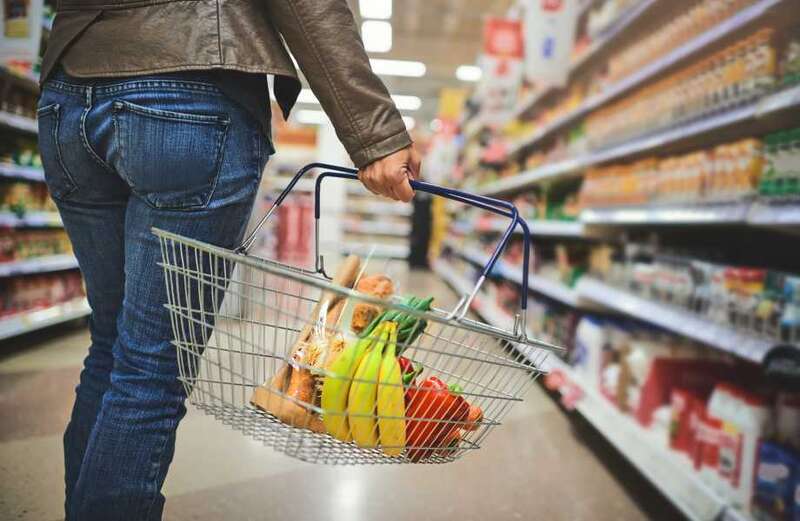A HIGHLY-contagious parasite has been found in pre-washed vegetables from several major supermarkets.
Cryptosporidium, which can cause diarrhoea and vomiting, was present in 17 per cent of samples analysed by scientists across Kent.

The study, carried out by the University of Kent's School of Biosciences, warned families should take extra care when consuming ready-to-eat products.
Cryptosporidium is a water-borne and food-borne parasite that causes an infection called cryptosporidiosis.
Over the last few months, it has affected people and farm animals across the UK, causing diarrhoea, vomiting, stomach pains, fever, headaches and fatigue.
 From tongue scraping to saying no, here are 12 health trends to try in 2023
From tongue scraping to saying no, here are 12 health trends to try in 2023
Several people have been hospitalised.
Cryptosporidium is typically found in lakes, streams, rivers and untreated drinking water, but it can be present in food.
There is evidence of infections from eating and drinking unpasteurised milk, undercooked meat and offal (liver, kidneys, and heart), but research into the presence of cryptosporidium in pre-washed and ready-to-eat vegetables in the UK is limited.
The study, published in Parasitology Research, looked at 36 pre-washed vegetables purchased from four major supermarkets in Canterbury between May and July 2023.
Samples were randomly chosen from packaged ready-to-eat varieties, and duplicates from each were obtained.
Twelve samples were excluded as not enough DNA could be extracted.
But of the remaining 24, 58 per cent tested positive for cryptosporidium, and 17 per cent (four) produced similarities to cryptosporidium parvum - the leading cause of human cryptosporidiosis.
While many people will experience mild symptoms, infections can be life-threatening - particularly for young children.
"Infection is associated with failure to thrive, malnutrition, cognitive deficits, and stunting in infants and children so efforts to prevent infection and outbreaks should be strictly enforced," the authors said.
The Food Standards Agency (FSA) recommends re-washing ready-to-eat vegetables to ensure they are safe and avoid getting ill.
 I'm a nutritionist - here's the 10 best diet trends to help lose weight in 2023
I'm a nutritionist - here's the 10 best diet trends to help lose weight in 2023
The source of the parasite isn't clear, but it could be present in irrigation water or fertilisers, or transfer during harvesting, processing, packaging or transportation, the authors said.
'RESISTANT TO DISINFECTION'
"This pilot study could unlock a potential common source of cryptosporidium infection across the various regions in the UK," they added.
"The vegetables from individual chain supermarkets are packaged in their own central facilities and subsequently distributed nationwide.
"While pre-washed and ready-to-eat vegetables undergo more thorough washing with water containing chlorine disinfectants compared to unpackaged vegetables, cryptosporidium particles (oocysts) are actually resistant to disinfection with chlorine and can only be reliably removed by boiling water or filtration.
"So, they are expected to be free from parasites and ready-to-eat straight from the packaging, but some oocysts remain and are likely to cause illness.
"Our study could contribute to developing better strategies to prevent infection with cryptosporidium.
"Further studies could focus on tracking the exact point of contamination and addressing it."
Dr Anastasios Tsaousis, research lead, added: "Whilst our 2023 study cannot distinguish between live and inert cryptosporidium, it is nevertheless important in that the presence of cryptosporidium in pre-washed vegetables could mean revisiting the sanitation methods employed by suppliers along the chain of production such as improved hygiene measures during harvesting, processing, packaging, transportation and storage.
"There is also a need for increased awareness among consumers on the adequate storage of vegetables and handwashing before eating."
As well as through food, you can get cryptosporidiosis directly from another person or animal by touching faeces, (for example when changing a nappy) and putting your hands near or in your mouth without washing them thoroughly.
It also spreads from infected animals, or by swimming in or drinking contaminated water.
